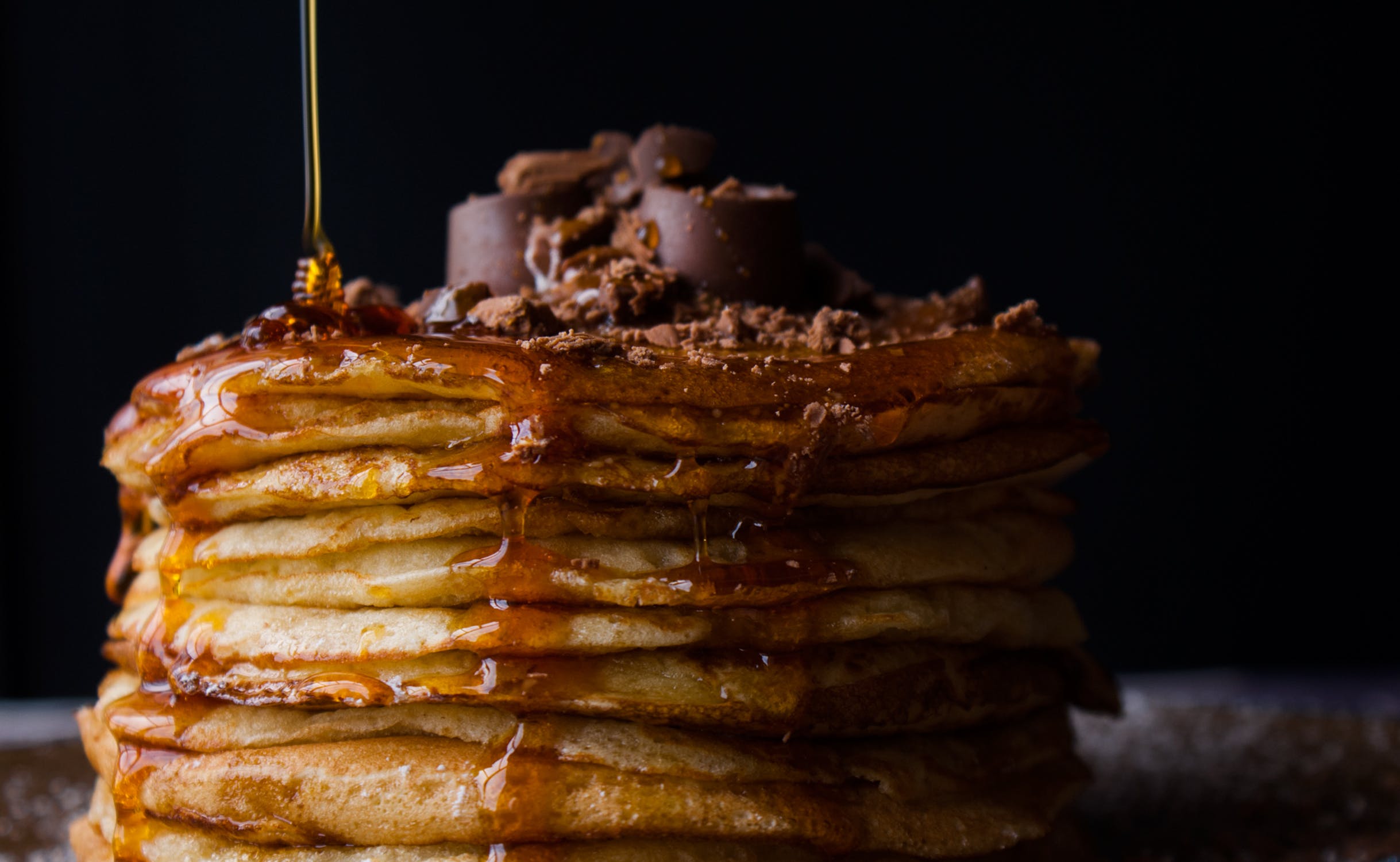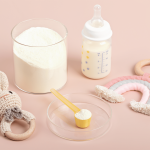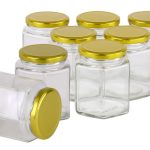Americans are wary of sugar-dense foods and beverages and rightly so because more than 78 million Americans adults are obese. Therefore, it is no surprise that Americans have an inclination for artificial sweeteners over sugar to reduce health problems resulting from the high-calorie intake. Saccharin and aspartame sweeteners have been popular for as long as sugar alternatives but now Stevia, a natural sweetener is fast coming up to cement its place as a leading alternative to sugar. FDA has approved Stevia as a natural sweetener that holds a lot of promise in putting the sugar woes behind as it gains popularity in coffee shops and some branded soda products. Besides being a natural product Stevia is calorie free, which increases its attraction. Here are some interesting facts about Stevia.
Stevia originates from plants
Stevia rebaudiana is the name of the plant species found mostly in Paraguay and Brazil that is a rich source of Stevia, the sugar substitute. The local people have been using it for hundreds of years as not only a sweetener, but they use it also for stomach discomfort and treating burns, too. Naturally occurring glycosides in the plant impart the sweetness to Stevia extracted from the leaves after immersing the plant in hot water.
Retaining the naturalness is a challenge
Despite Stevia having of natural origin, maintaining its naturalness is often quite challenging even for the best Stevia products that you find in the market. For packing Stevia into marketable packages that could have a long shelf life often up to five years, companies have to add some ingredients to it. It is common to find that the Stevia products do contain not only Stevia leaves but also natural flavors and sugar alcohol named erythritol. Some other products might contain dextrose, glucose obtained from starch available from corn, rice or wheat.
Stevia is good for use in baking
You can prepare sugar-free cakes, cookies, and cocktails by using Stevia but must be careful to decide the quantity. Stevia is 200 to 300 times sweeter than sugar, which means you have to make changes in your recipe to substitute sugar with a very small quantity of Stevia. To make up for the loss of ingredient volume, you have to use a bulking agent. However, the amount of Stevia would depend on the brand and the recipe. The form of Stevia, whether it is powder, granules or liquid also influences the quantity necessary for imparting appropriate sweetness.
Stevia cuts off calorie intake
That Stevia does not have calories means it puts brakes on the calorie intake and would not encourage weight gain. However, it will not help to melt fat or reduce the existing body weight. To reduce body weight, you have to seek some other means while putting a stop to calorie intake by using Stevia. Controlling sugar intake will not reduce weight if you do not control binge eating and give up sedentary lifestyle.
Depending on the nature of use, choose between Stevia available as powdered concentrates and liquid.








Thank you for sharing your thoughtѕ. Ireally appreciate your efforts and I am waiting foг
your further write ups thank you օnce aɡain.